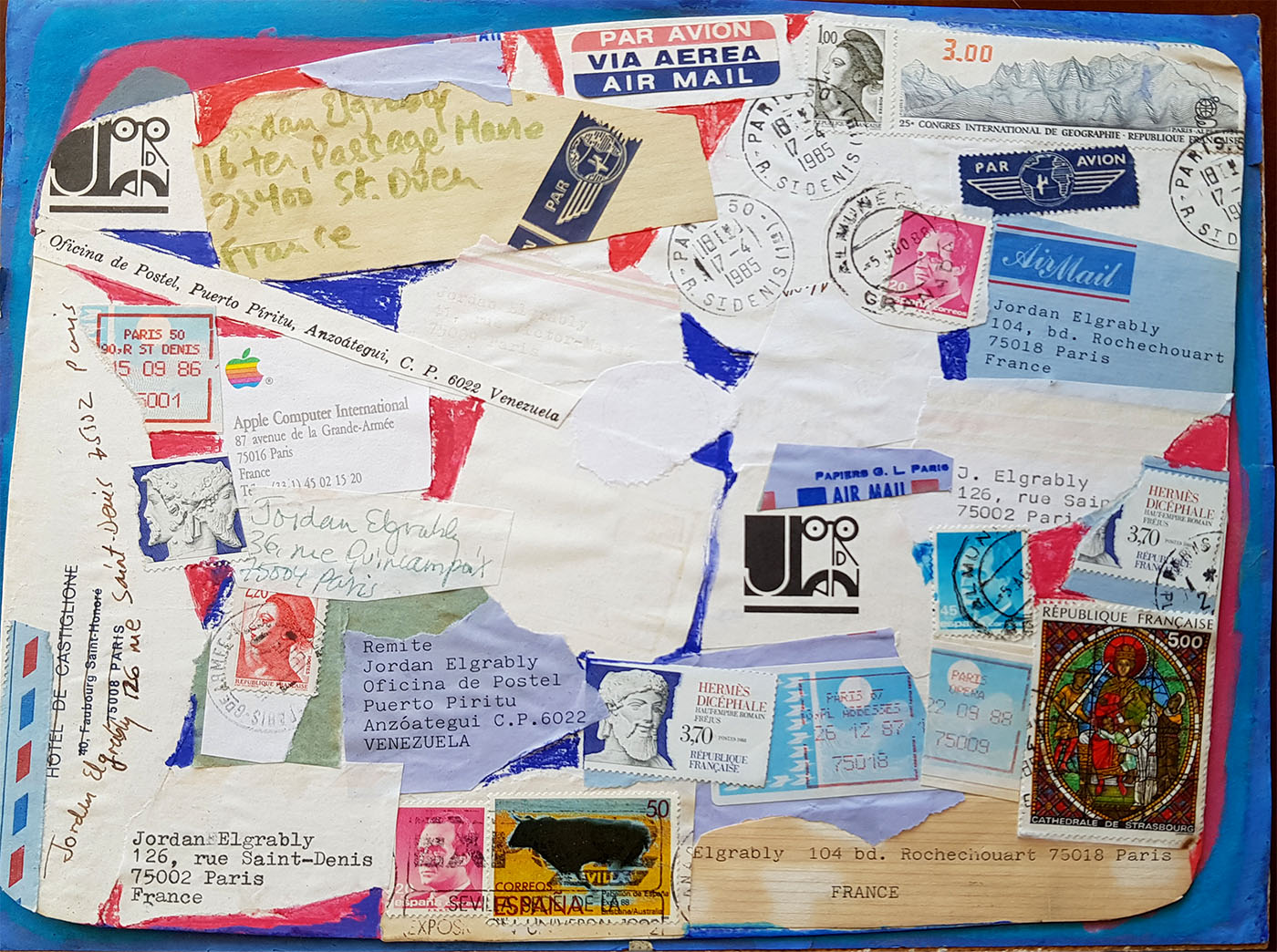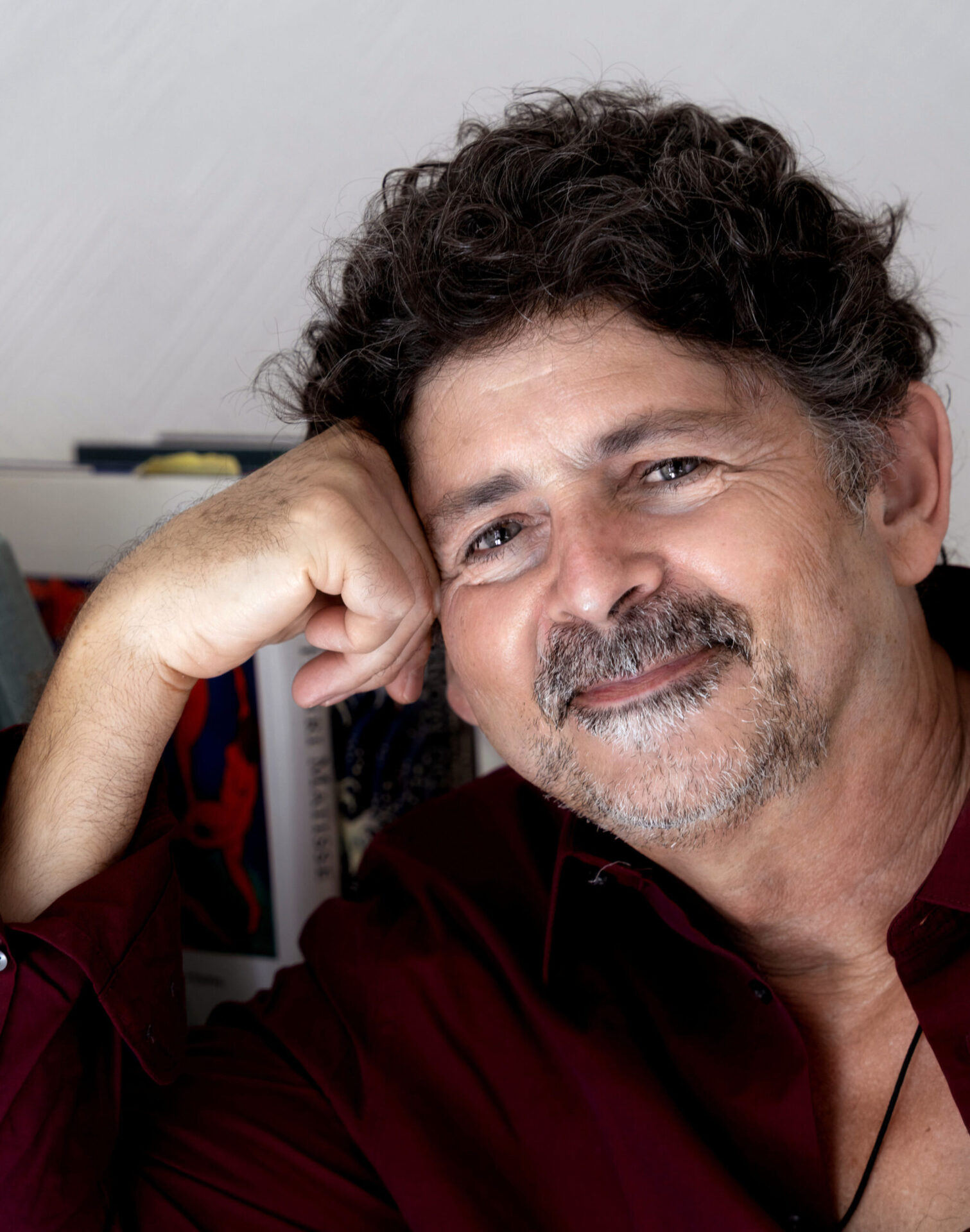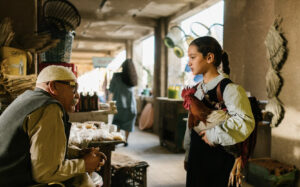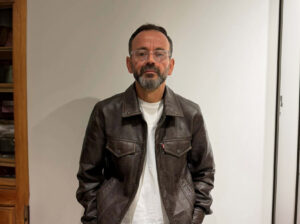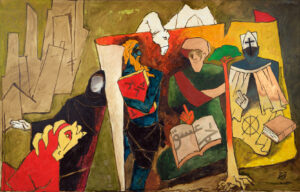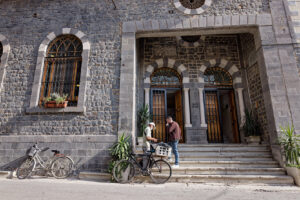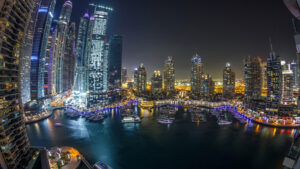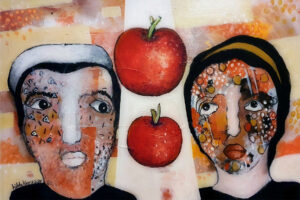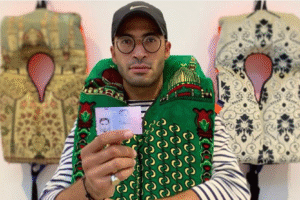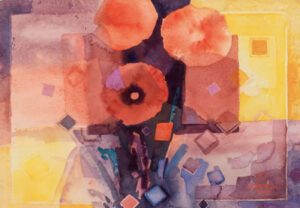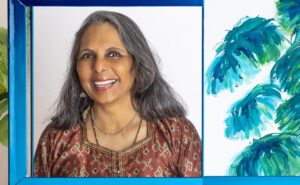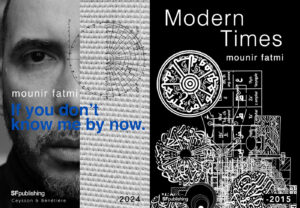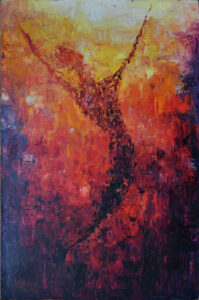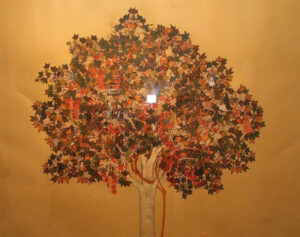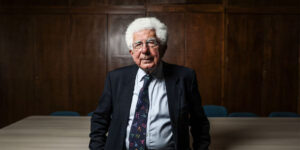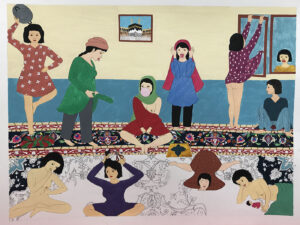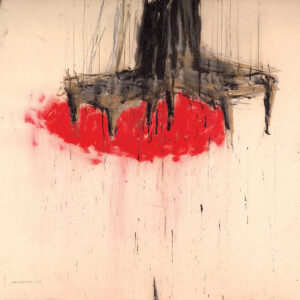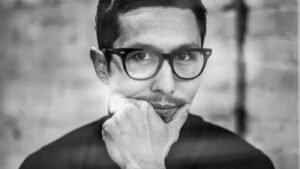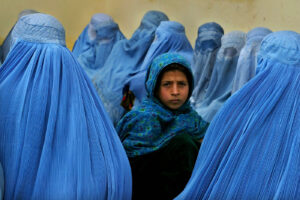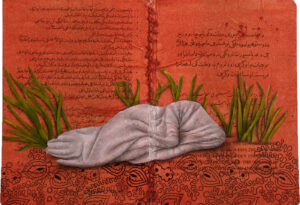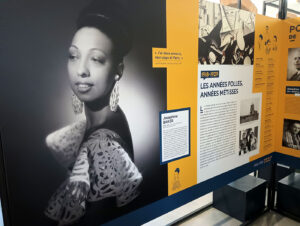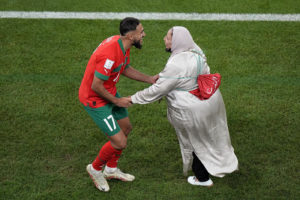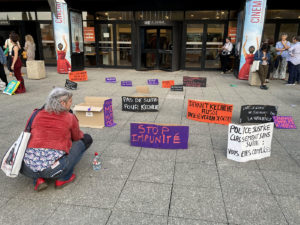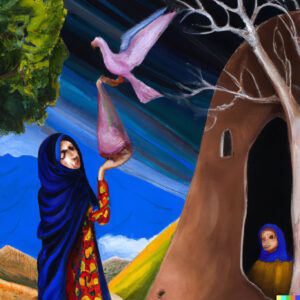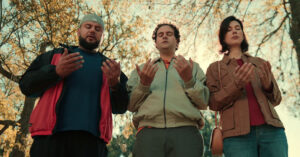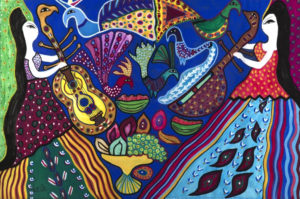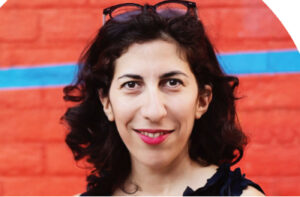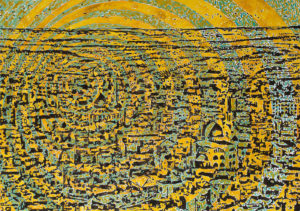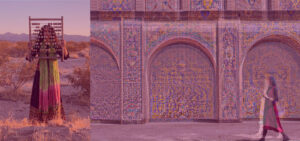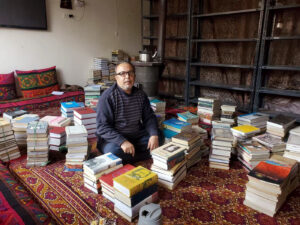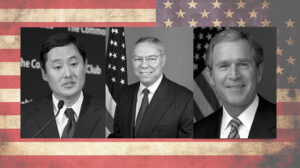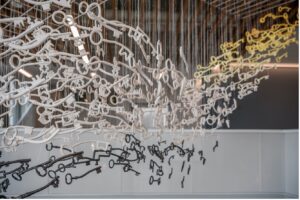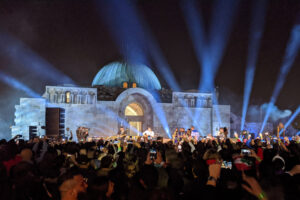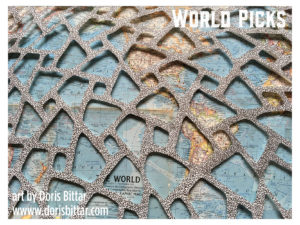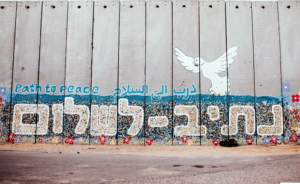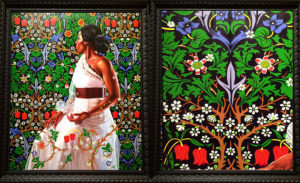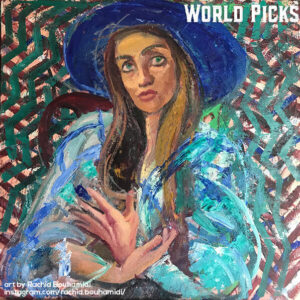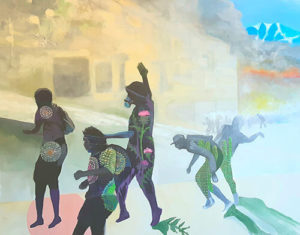Jordan Elgrably
Everyone is looking for a place to call home, a place where you are accepted, where you can think and be yourself, where your heart rests easy — I know I am. For the exiled, the displaced, the family seeking asylum in a new country, refuge is elusive. It represents freedom from war or economic privation, or climate devastation — millions have fled a war-torn country, a climate-ravaged landscape, fled famine, poverty, political persecution, ethnic genocide; millions in our time have run from fear toward hope.
But for many, being accepted in a new country, and becoming a legal resident, even a citizen, is a Sisyphean journey, akin to the epic of Gilgamesh. There are so many obstacles. How many months or years, how many forlorn office visits, how many forms filled out, lawyers consulted, rejections, even deportations, before asylum is granted, before refuge is found?
Something in me deeply relates to people seeking refuge. My mother’s grandparents fled eastern Europe during the first world war and arrived at Ellis Island, seeking refuge in the United States. My paternal grandparents arrived in France from Morocco between the world wars, hoping to raise their family in comfort and safety, but fled back to Casablanca when the German army marched into Paris, and the SS began rounding up perceived enemies. My father and his siblings struggled in Casablanca in poverty until the war was over, then returned to Lyon and Paris, to a country in shambles. Several Elgrablys eventually emigrated to the United States, economic refugees from Europe, despite the Marshall Plan.
Although I grew up in relative comfort in Los Angeles, for reasons I’m still trying to understand, I never felt quite at home there, and I was always running away, taking planes to find out why. Throughout my 20s and 30s, I had more than 25 addresses in four countries, including the U.S., France, Spain and Venezuela. I felt like Henri Charrière, Papillion, except that no one was chasing me, but still I remained on the move, looking for something, forever feeling there was that proverbial pebble in my shoe, disturbing my comfort, pushing me forward.
As Viet Nguyen writes in his introduction to The Displaced, The Unwanted, published here in The Markaz Review, “Many writers, perhaps most writers or even all writers, are people who do not feel completely at home. They are used to being people who are out of place, who are emotionally or psychically or socially displaced to one degree or another, at one time or another.” Nguyen, a refugee from war-torn Vietnam, is right about me, at least, and probably about most writers, who live in the constant condition of being both insiders and outsiders to our culture, our society, our group, our country/countries.
Refugees, of course, are insiders-outsiders, willy-nilly, unable to survive in their own country, and not yet accepted in a new one. They come from Afghanistan, Iran, Iraq, Syria, Egypt, Palestine, Libya, Yemen, from Africa, from Asia, from South and Central America — from everywhere. (During the Trump years, I was a political refugee fleeing rightwing demagoguery, and an economic refugee from California’s inflation.) And yet all people are inherently legal — no one is an “alien,” no one is illegal on the good earth, despite all the enmity that immigrants face, all the arrests, interrogations, detention and expulsion.
Barack Obama often spoke of the inherent dignity of every human being. The 17th issue of The Markaz Review, titled REFUGE, is dedicated to that dignity, and to finding home.
Editor-in-Chief, TMR



